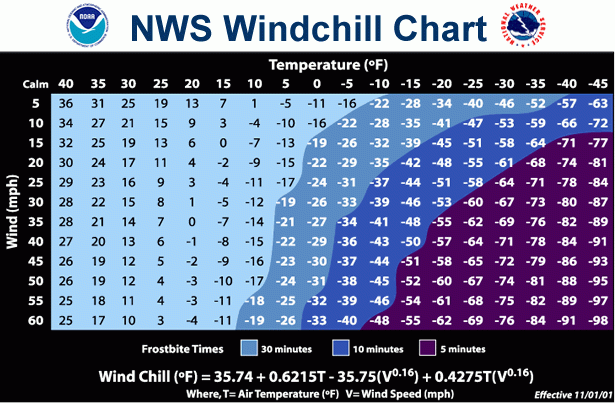It's All About The Victim's Perception
First of all, in the movie what you can see is that the surface freezes, you cannot discern that the whole lake has frozen. This is consistent with how things usually go down in the real world:
The textbook River and Lake Ice Engineering by George D. Ashton states, "As a lake cools from above 4° C, the surface water loses heat, becomes more dense and sinks. This process continues until all the water in the lake is at 4° C, when the density of water is at its maximum. With further cooling (and without mechanical mixing) a stable, lighter layer of water forms at the surface. As this layer cools to its freezing point, ice begins to form on the surface of the lake."
[From Why does ice form on the top of a lake?]
In short, you need all the water going to 4°C, and then to 0°C at the surface (see also here, here or here). Having said this, the question has two sides attached to it.
[Disclaimer: you may want to rush to the second part of my answer if not really interested in the physics implications of the question asked!]
1) From a physics point of view, it translates to "how cold has the air to become to freeze the lake's surface in a matter of seconds?". In fact, depending on how big and deep the lake is, and what the water and the air temperatures are, it may take quite a long time for a lake to freeze:
As you all know, water freezes at 32 degrees Fahrenheit. That doesn't mean, however, when the air temp reaches 32 the lakes freeze. Water is a great insulator and good at holding heat, which is why the lake temperature doesn't fluctuate much day to day like the air does. Therefore, below freezing temperatures are needed for a week or more to form ice on a large lake. [...] Since water is good at holding heat, the more water there is, the more heat it will hold. This is why large deep lakes take longer freeze and melt than small shallow lakes. [When and how do lakes freeze over?]
The issue with answering the question is that we don't have enough information (see here). How big is the lake? When it is shown from above with Sirius on the ground, you could try and guess the length (Sirius is 5'9.5''). How deep is it? What is the lake's temperature before the Dementors arrive? What about the air temperature? Again, you could guess, given that Hogwarts is supposed to be near Dufftown, Scotland, with the average minimum temperature in June being 7.8°C (couldn't find the temperatures for June 6th, 1994). Through which physical mechanism do Dementors cool the air temperature? How does the air temperature relate to the number of Dementors? It could be that one Dementor is the same as one hundred, or, as it appears to be suggested throughout the story, that it is not the same. But is there a linear or non-linear relation? Go figure.
Looking at indicative graphs of ice growth, it seems appropriate to assume a dramatic drop in temperatures to get even the surface frozen. However, there are particular phenomena that could have played a role here: supercooling (have a look at the first answer to a question similar to yours) and the Mpemba effect.
As to how long people resist in freezing temperatures, we know that "Hypothermia (hi-poe-THUR-me-uh) occurs as your body temperature falls below 95 F (35 C)."

2) From a canonical point of view, the issue as related to this event disappears. In PA20 or PA21 you have no mention of the lake freezing. There is a passage (italics added by me) that quite clearly implies that the water has not frozen:
The Patronus turned. It was cantering back toward Harry across the
still surface of the water [...]
Would be weird to describe a frozen surface as still.
Of course, the question of how Dementors exert their influence and if this is limited to how people perceive their surrounding remains interesting. In my opinion, it would be unreasonable to assume that they actually affect the surrounding environment. If on the one hand, you read on Pottermore that they have "the ability to freeze the air around you", on the other hand, there are plenty of clues that this is the way people are made to perceive the surroundings in their presence. I say this for two reasons.
- The way characters describe the phenomenon. In PA6 Fred sais "They sort of freeze your insides, don't they?".
- Second, the altered physical perceptions cease immediately after you fence off the Dementors. Think of OP1. In an instant everything becomes dark, no lights whatsoever (Dudley thinks he's blind). After Harry successfully uses his Patronus, everything goes back to normal (italics added):
Moon, stars, and streetlamps burst back into life.
Therefore, I would argue that as the "spectral magical creatures" that Dementors are, their magical ability to drain the happiness of people influences the way people perceive their surrounding, not the actual surrounding. You feel that the air has frozen but it has not, and consequently, you have to worry more about not being kissed than about going into hypothermia (the prisoners of Azkaban would die very, very quickly...you would need a graveyard, not a prison).
In this sense, you could interpret the movie scene as an artistical way to show how Harry's feelings and state of mind change upon the arrival of the Dementors.

